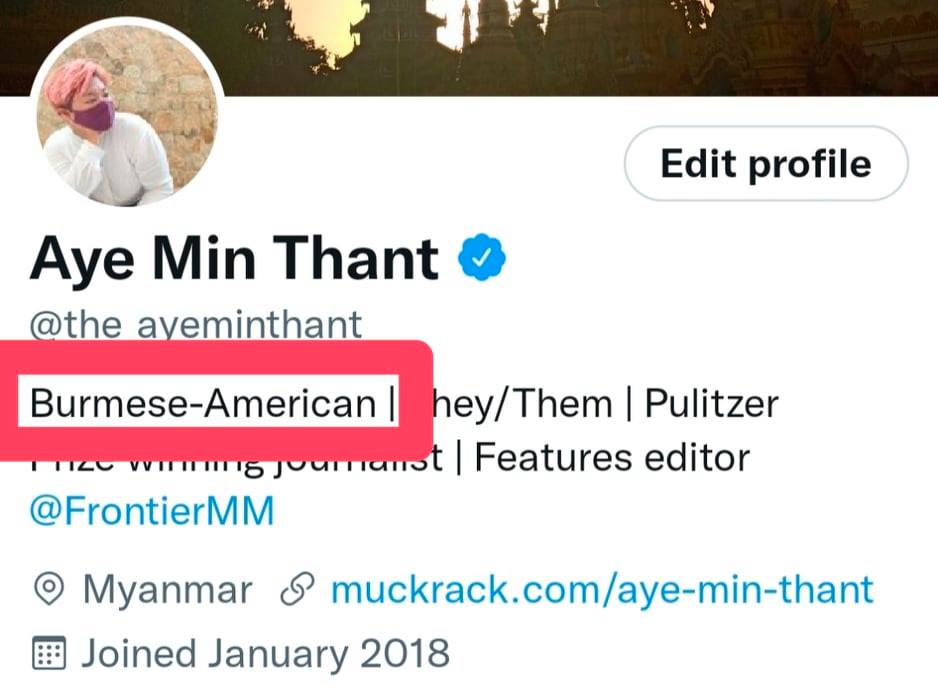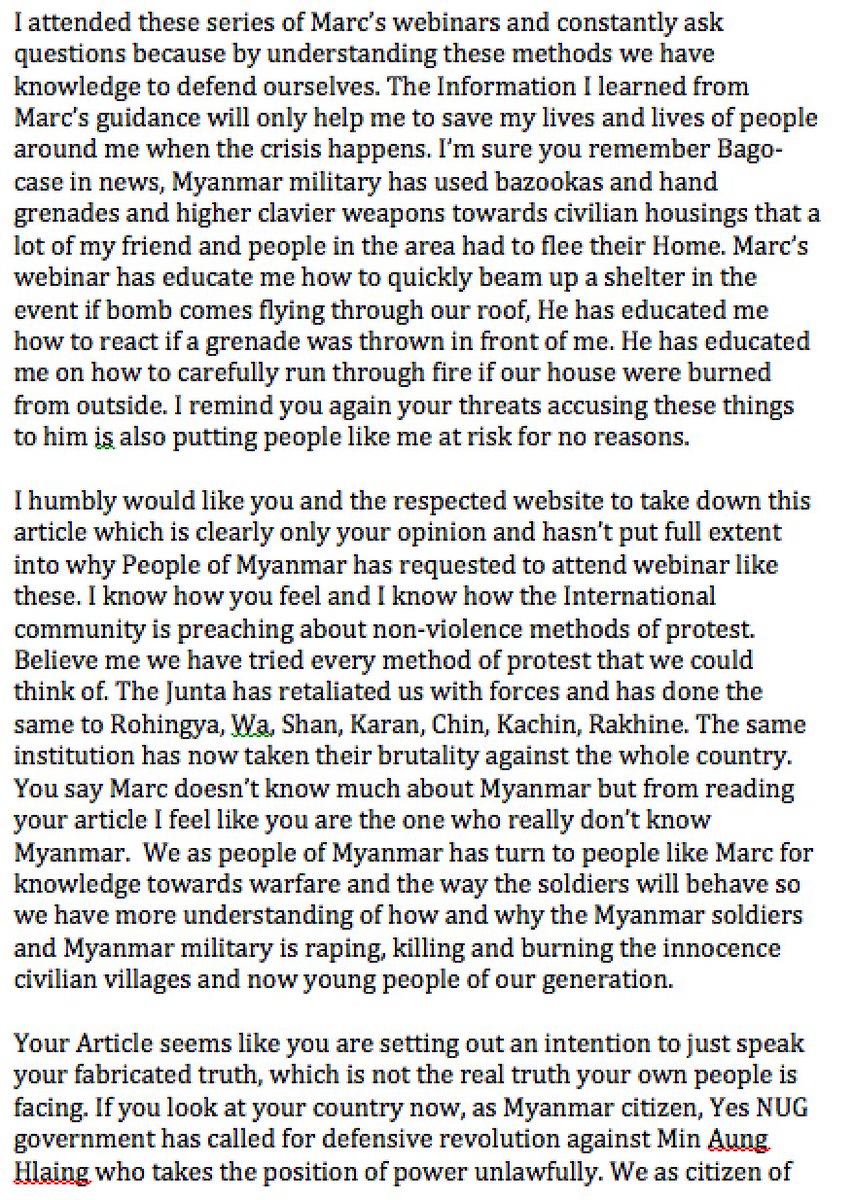
The hostility expressed in this person's thread against people of Burmese heritage openly embracing that heritage is unfortunately common, but beyond the cruelty of it, is also also incredibly violent. So here's a🧵on identity and belonging and some personal feelings.
https://twitter.com/HtuuLRae/status/1453005267117953030
There is an estimated 4.5 million Myanmar people living abroad. That's 1 in 13 Myanmar people globally, and a majority of them left to escape physical violence or out of economic need. In the last 80 years, every single generation has seen waves of displacement.
So while the lived experiences of diaspora and those who have never left Myanmar are different, given how diverse the country is and how common displacement is, you could almost argue that finding yourself in a position to have to leave Myanmar is also a very Burmese experience.
And if we are going to talk about "shared experience" and "shared cultural lenses", then tell me what the sugarcane farmer in Shan state shares with a corporal in the military and a gold seller in Yangon that someone in the diaspora fundementally could not.
I was born in Myanmar, wrote about Myanmar for my masters thesis, and lived and worked in Myanmar the majority of my adult life. Having had to leave as a refugee with my family doesn't make me less Burmese, only differently Burmese.
My mom gets upset if I show too much shoulder with my outfits. I've climbed mountains in a tamein and sandals. When I ran out of money as a student, I ate rice with salt and oil. I get very offended if a stranger touches my head. What culture lense am I a missing?
My uncle was arrested on Feb 1. My mother is wanted and in hiding. Another uncle died of Covid over the summer. I've had to SB follow and threaten me. My friends in the jungles are training and the ones in the cities are raising funds. What experience am I still missing?
To tell a population of people forced out of their homelands in one way or another by a military institution obsessed with policing belonging through racist policies and genocide, "You are not one of us, and we are not one of you", is incredibly cruel.
https://twitter.com/HtuuLRae/status/1453005264928522242
This attitude writ small hurts and alienates people who have already suffered the violence of displacement, and writ large serves to uphold the acceptance of the idea that the right to engage in politics should only be allotted to those who are deemed to belong.
Because this line of thinking could also be used to undermine the work of, for example, Rohingya activists in Canada advocating for change to the citizenship law or migrant workers in Thailand protesting the coup in front of the Myanmar embassy.
To call what @meemalee and I do "Burmeseface" is to spit in the face of all the other people in the diaspora who have been working for decades to work towards justice and freedom. Neither of us represent ourselves as speaking for this incredibly diverse population.
Weaponing authenticity as a metric to measure belonging and allocating the right to speak based on that is not helpful. We can think people are wrong without it being because of their identity.
Also, I am very intentional about how I represent my positionality. I know my passport gives me a level of protection and privilege that my friends and family do not have. I am very transparent about that. There's a reason it's the first thing in my bio. 

But the real problem is not that people think we are in "Burmeseface", is it? The problem is that @meemalee and I are visible and loud, and people would rather attack our identities rather than engage in an actual critique of our work or ideas.
No individual person has the right to speak for the Myanmar people, but I have every right to advocate for what I want to see in the country of my ancestors, the country of my birth, the country my family and friends live in,the country I lived in until forced out after the coup.
Not all of us continue to identify as Burmese and engage with Myanmar after enduring years racism, the pressure to assimilate, and (until 2010) living without much access to Burmese media or resources in our adopted countries. Attitudes like this contribute to that.
After we win this, I hope people who return are embraced. Whether they walked over to Nagaland or were students who happened to be abroad at school on Feb 1, I hope we will have built a society that simply says "welcome home".
• • •
Missing some Tweet in this thread? You can try to
force a refresh







